Building Healthy, Strong Communities is a professional development program presented by the School of Social Work's Office of Development and Alumni Relations and the Professional Development Committee of the Alumni Board.
Building Healthy, Strong Communities Sessions
This year's Building Healthy, Strong Communities took place on May 6 - 7, 2025.
Tuesday, May 6, 2025 10 - 11:30 AM EST
Lessons on Community Collaboration: Learning and Engagement
Moderator:
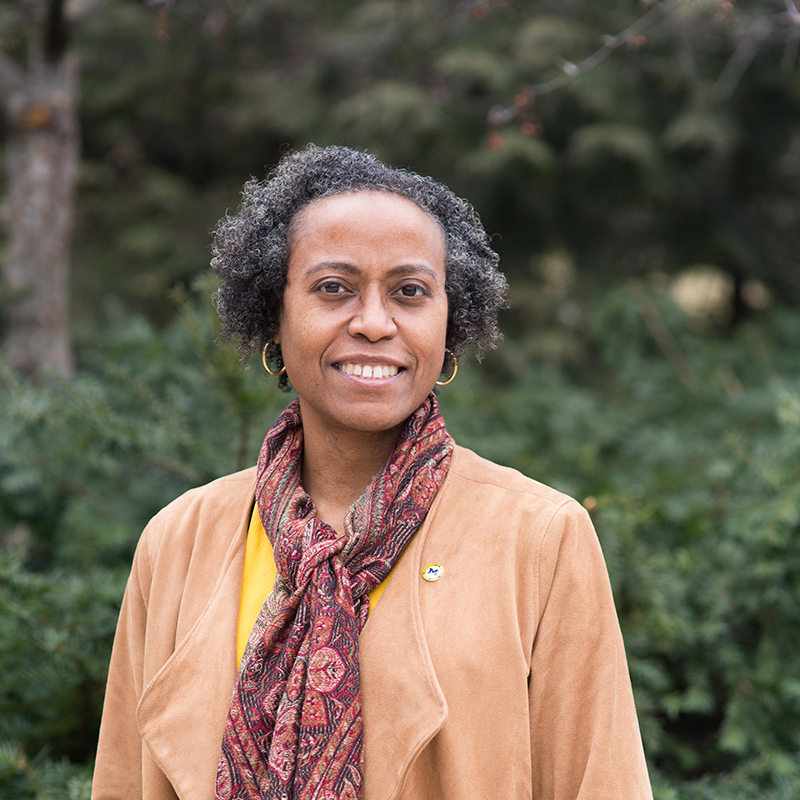 Trina Shanks, PhD
Trina Shanks, PhD
Director, School of Social Work Community Engagement, Harold R. Johnson Collegiate Professor of Social Work and Faculty Associate, Survey Research Center, Institute for Social Research
Panelists:
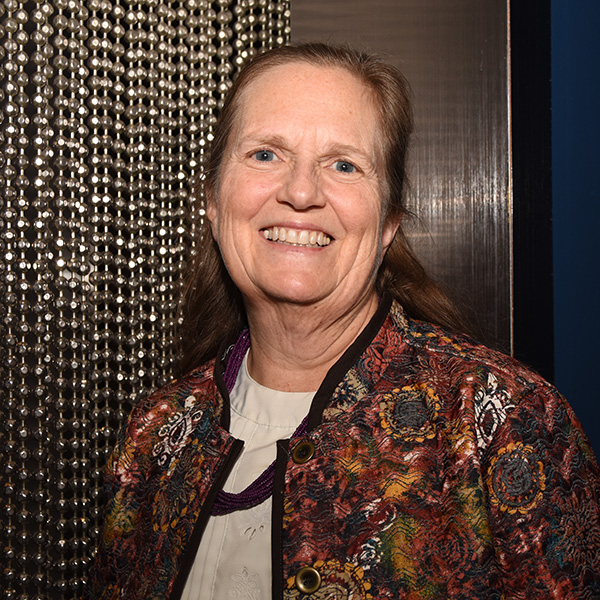 Amy Good, MSW ’80
Amy Good, MSW ’80
Founder and retired CEO, Alternatives for Girls
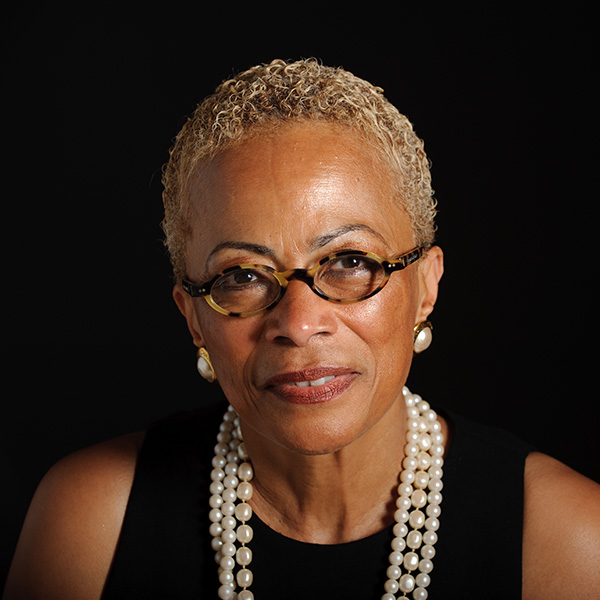 Carol Goss, MSW ’72
Carol Goss, MSW ’72
Founder and President, Warrior Women Against Poverty
Former President, The Skillman Foundation
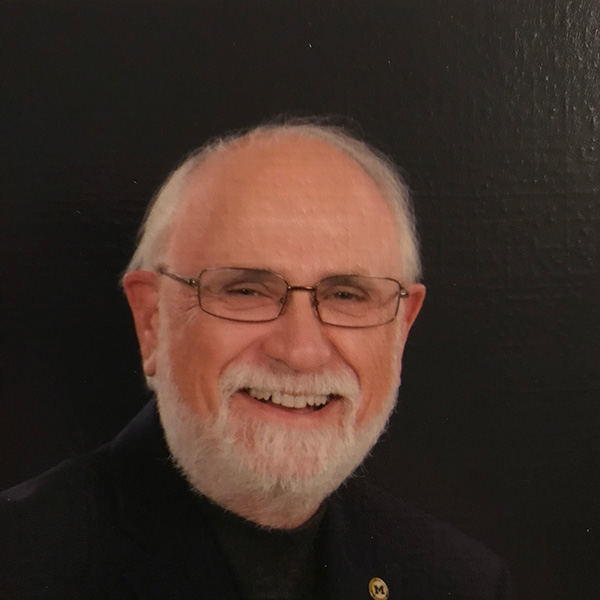 Charles Tommasulo, MSW ’79
Charles Tommasulo, MSW ’79
Retired Executive Director, Family Service Agency of Mid Michigan
Course Description:
This session will offer principles for effective community collaboration building in lessons from real world examples. By engaging in conversation with three distinguished graduates of the University of Michigan School of Social Work: Amy Good, Carol Goss, and Charles Tommasulo, we will discuss their journeys in social work and the value they found collaborating with community partners over their careers. We will focus on ways they were able to leverage partnerships to create systems that impact change.
Tuesday, May 6, 2025 1 - 2:30 PM EST
Entertain Me Well: A New Resource for Increasing Depression Treatment in Under Resourced and Underserved Michigan Communities
Presenter:
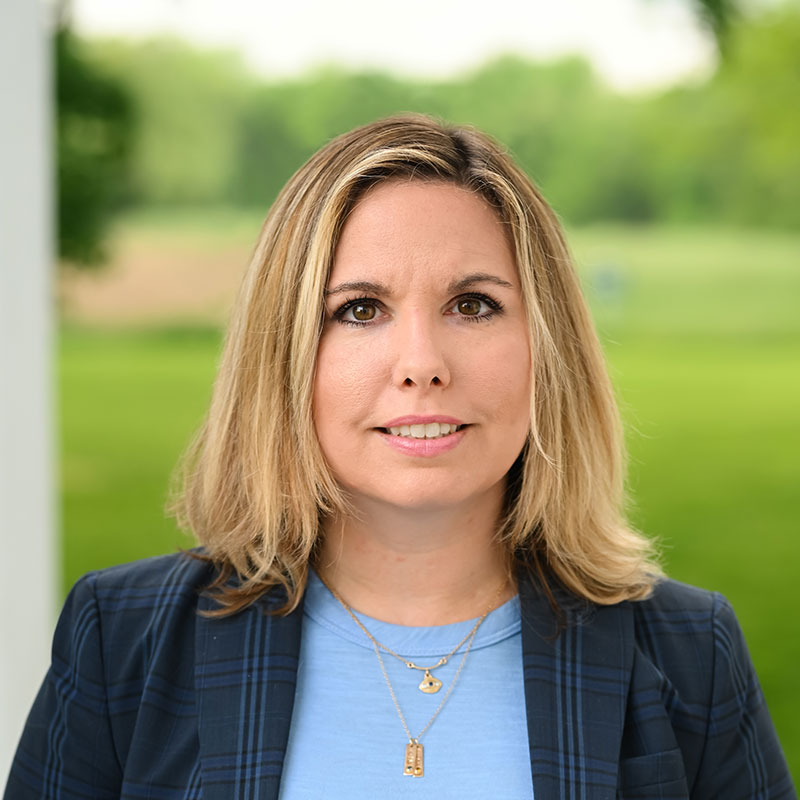 Addie Weaver, PhD
Addie Weaver, PhD
Associate Professor of Social Work and Associate Director of Doctoral Programs, University of Michigan School of Social Work
Course Description:
This course will identify persistent mental health treatment access disparities in the United States, identify and discuss salient barriers to care, and describe research suggesting that community-engaged and technology-assisted approaches provide critical potential solutions for closing the unacceptable treatment access gap. Then, this course will introduce and describe an innovative, technology-assisted cognitive behavioral therapy, Entertain Me Well, that was developed to make mental health treatment more accessible and more engaging. Next, the course will discuss community-university partnerships focused on tailoring and testing Entertain Me Well for specific populations and for delivery in specific, community settings, such as rural churches, Special Supplemental Nutrition Programs for Women, Infants, and Children (WIC), and high schools. Finally, the course will discuss lessons learned and next steps for both continued research and larger-scale dissemination of Entertain Me Well-based mental health treatment programs throughout the state of Michigan.
Tuesday, May 6, 2025 3 - 4:30 PM EST
ChatGPT is like Kleenex: Navigating the Generative AI Ecosystem for Social Workers
Presenters:
 Brian Perron, PhD
Brian Perron, PhD
Professor of Social Work, University of Michigan School of Social Work and Faculty Associate, Populations Studies Center, University of Michigan Institute for Social Research
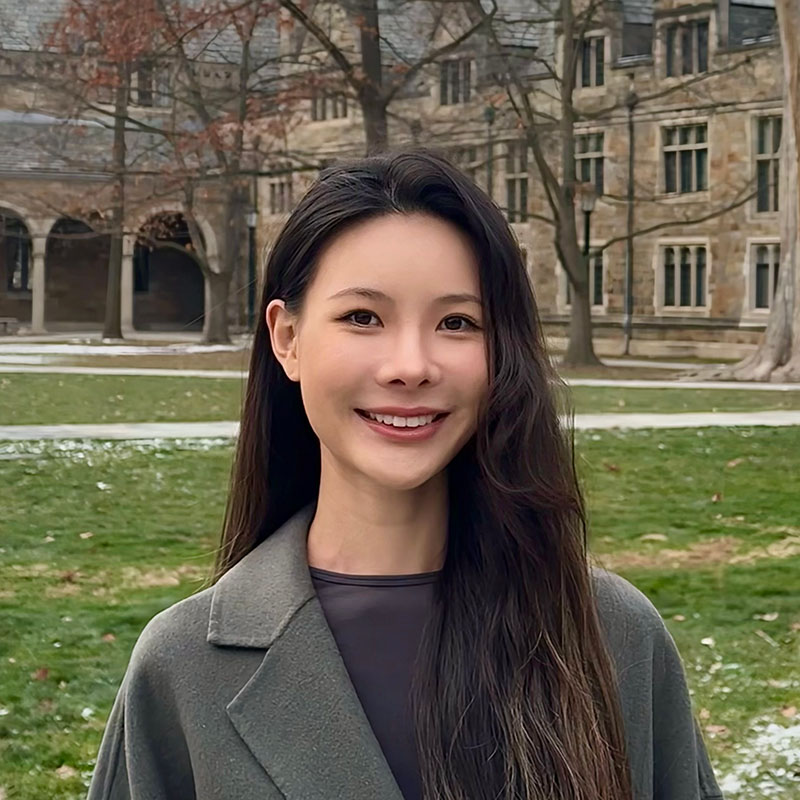 Zia Qi
Zia Qi
Research Technology Specialist, University of Michigan School of Social Work
Course Description:
Just as "Kleenex" became synonymous with tissues regardless of brand, "ChatGPT" has quickly evolved into a generic term for all generative AI technologies. However, the AI landscape is far more diverse and nuanced. Since ChatGPT's release, hundreds of alternative models and thousands of specialized applications have emerged, creating a rich ecosystem with tremendous potential for social work practice. The generative AI ecosystem now includes specialized models designed for text generation and summarization, document analysis, multilingual communication, visual content creation, and voice interaction. Each category contains multiple tools with varying strengths, limitations, and appropriate use cases for social work contexts. This presentation showcases diverse AI tools can be thoughtfully applied to streamline administrative documentation while maintaining confidentiality, enhance resource identification for clients with complex needs, support evidence-based practice through improved literature analysis, facilitate more accessible communication with diverse client populations, and assist with ethical decision-making through structured reasoning. We'll provide practical demonstrations of selected tools that show particular promise for social work applications, with guidance on effective prompting strategies, determining when to rely on AI versus human judgment, identifying potential biases and limitations, and maintaining client confidentiality and ethical standards. By developing a nuanced understanding of the broader generative AI ecosystem beyond just "ChatGPT," social workers can strategically leverage these powerful tools while maintaining their professional judgment and ethical responsibilities.
Wednesday, May 7, 2025 10 - 11:30 AM EST
Making Space: Understanding Community Culture in Social Work Practice
Presenter:
 Ramona Perry, MSW ’19, PhD ’23
Ramona Perry, MSW ’19, PhD ’23
Managing Partner, Emergence Collective
Course Description
Effective and ethical social work practice—whether at the micro or macro level—requires more than technical skills or good intentions. It demands a deep understanding of ourselves, the cultural frameworks we operate within, and the ways these frameworks shape our relationships with and perceptions of others, particularly those whose lived experiences differ from our own. In this session, we will explore the critical stance required to engage in caring and community-centered practice. Participants will be invited to reflect on the internal and external dimensions of cultural awareness and to examine how power, history, and identity inform their practice. We will then consider a range of conceptual models and approaches that support practitioners in making space for diverse cultural realities in their work. By grounding ourselves in this understanding, we can move toward more just, accountable, and effective social work across contexts.
Wednesday, May 7, 2025 2:30 - 4 PM EST
Community Conversations: A Dialogue-Based Approach to Building Connection in Social Work Practice Settings
Presenter:
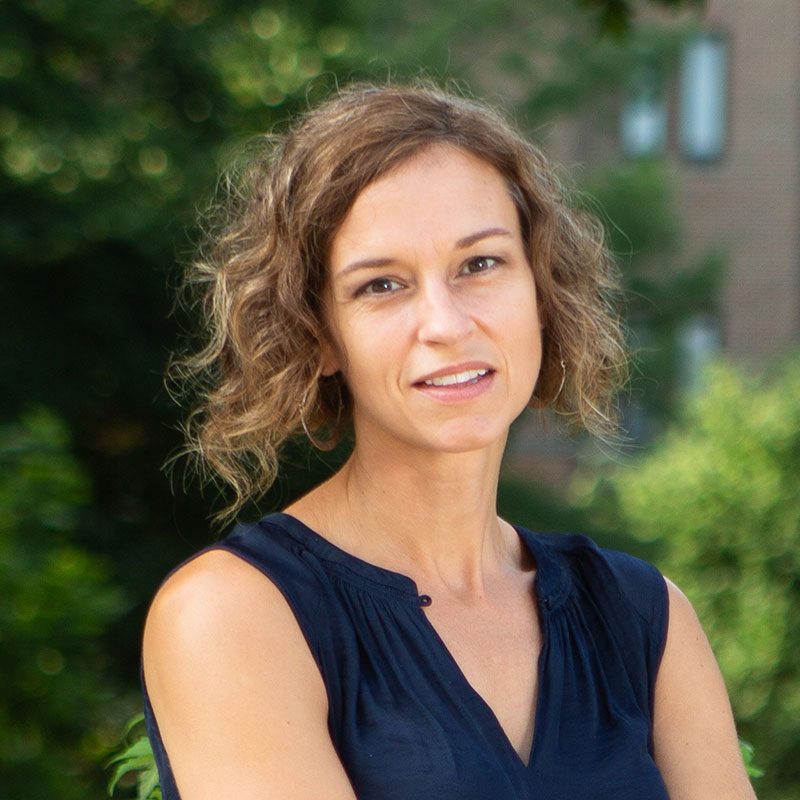 Barb Hiltz, LMSW, PhD
Barb Hiltz, LMSW, PhD
Director of MSW Programs and Clinical Associate Professor, University of Michigan
Course Description:
This interactive session introduces the Community Conversations model, a structured dialogue approach developed at the University of Michigan School of Social Work. Drawing from intergroup dialogue and restorative practices frameworks, Community Conversations creates spaces for authentic engagement around challenging topics. Participants will learn how this model addresses disconnection in today's digital environment by fostering in-person dialogue that builds relationships, enhances understanding across differences, and strengthens community cohesion. The presentation provides practical guidance for implementing this approach in various social work practice settings.
 Trina Shanks, PhD
Trina Shanks, PhD Amy Good, MSW ’80
Amy Good, MSW ’80 Carol Goss, MSW ’72
Carol Goss, MSW ’72 Charles Tommasulo, MSW ’79
Charles Tommasulo, MSW ’79 Addie Weaver, PhD
Addie Weaver, PhD Brian Perron, PhD
Brian Perron, PhD Zia Qi
Zia Qi Ramona Perry, MSW ’19, PhD ’23
Ramona Perry, MSW ’19, PhD ’23 Barb Hiltz, LMSW, PhD
Barb Hiltz, LMSW, PhD